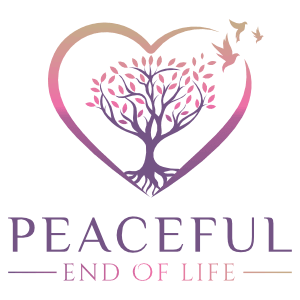When someone you love is facing a terminal illness, choosing the right hospice is one of the most important and deeply personal decisions you’ll make. Yet many families are surprised to learn that not all hospices are the same. While “hospice” may sound like a standard level of care, the quality, philosophy, and services offered can vary dramatically—especially between for-profit and non-profit organizations.
Hospice care is designed for those nearing the end of life when curative treatment is no longer effective or appropriate. The focus shifts from curing illness to comfort, dignity, and quality of life. Hospice is delivered by an interdisciplinary team that may include doctors, nurses, social workers, chaplains, and volunteers. Care can take place in a patient’s home, assisted living or nursing facilities, or inpatient hospice centers. While Medicare sets basic coverage standards, each hospice organization operates independently. That means differences in staffing ratios, response times, medication protocols, LGBTQ+ inclusion, communication styles, and family involvement. Some hospices go above and beyond. Others may be understaffed or driven more by business interests than patient-centered care.
At a time when emotions are high and time is precious, an end-of-life doula can serve as a compassionate guide—helping families evaluate hospice options, ask the right questions, and advocate for care that aligns with their values and priorities.
One of the most heartbreaking mistakes I see families make is waiting too long to bring hospice onto the care team. Many people delay enrolling their loved one until the very end—sometimes just days before death. In fact, statistics show that over 35% of hospice patients die within a week of enrollment. This is deeply unfortunate, because hospice isn’t just for the last few days of life—it’s a holistic support system that can offer months of comfort, dignity, and peace of mind when started earlier. When hospice is called in too late, families miss out on emotional support, pain management, and meaningful time together that could have made the final chapter more bearable—and more beautiful.
One of the biggest barriers is a common myth: that enrolling someone in hospice will somehow cause them to die faster. But the opposite is often true. If a physician is recommending hospice, it’s a sign that curative treatments are no longer working, and it’s time to shift the focus from prolonging life to enhancing the quality of whatever time remains. I gently remind people that this is not about “giving up”—this is about choosing comfort over suffering, presence over procedures and quality of life over simply counting days. Sometimes, the side effects of aggressive treatment can be worse than the illness itself. When families reframe this moment from “how long do we have?” to “how well can we live with the time that’s left?”—everything changes. Hospice, and the guidance of a doula, can help make that shift possible.
Another challenge I see is that many patients aren’t being referred to hospice early enough. Often, oncologists and other specialists are so focused on curing the illness that they continue pursuing treatments—sometimes even experimental ones—long after it’s clear that those interventions are unlikely to change the outcome. Their intentions may be rooted in hope, but the result is that patients are sometimes left to endure harsh, ineffective treatments that compromise their quality of life in their final weeks or months.
I’ve supported doula clients who were visibly declining, profoundly ill from ongoing treatments, and yet hospice had never been discussed in their doctor’s office. In some cases, it was the patient—exhausted and aware of their own condition—who had to ask whether hospice might be appropriate. That is deeply troubling. It reflects a larger issue within our healthcare system: the difficulty many providers have in acknowledging when curative efforts have run their course and that death will be forthcoming. Unfortunately, this reluctance can lead to prolonged suffering, when what the patient truly needs is comfort, clarity, and support in preparing for a peaceful end of life.
Why a Death Doula Can Help
A death doula (also called an end-of-life doula) is a non-medical, holistic support professional trained to walk alongside individuals and families before, during, and sometimes after death. We are trained to offer emotional support, spiritual care, education and advocacy – filling in the gaps left by an overstretched healthcare system.
Doulas often know the reputations of local hospices and can guide you in asking the hard questions that many families don’t know to ask. We can even make those initial calls and do the interviewing on your behalf. At a time when your time is better spent with your loved ones, a doula can easily take on this role to take this burden off your shoulders.
Choosing a hospice is not just a medical decision—it’s a deeply personal one. It’s about more than just checking a box on a form or accepting a provider by default. It’s about finding a team that will truly see and honor you or your loved one as a whole person, not just a diagnosis. You want care providers who lead with compassion, listen to your concerns, and treat your family with dignity every step of the way.
This is where working with an end-of-life doula can make all the difference. A death doula can easily step into this role, providing calm, consistent guidance so that you don’t have to carry the full weight of caregiving and decision-making alone. From facilitating difficult conversations to advocating for comfort-focused care, a doula becomes an anchor in the storm—helping you navigate the practical and emotional challenges that come with the end of life. Their presence can take a tremendous burden off your shoulders, allowing you to simply be with your loved one—not as their medical manager, but as their daughter, son, partner, or friend. That space—to just love and be present—is one of the greatest gifts a doula can offer both the dying person and the family left behind.
The end of life can be an overwhelming and emotional time. You may feel pressure to make fast decisions, all while navigating grief, uncertainty, and exhaustion. A death doula is trained to hold space for all of that—to support you emotionally, practically, and spiritually—so that you can remain centered and present for your loved one. With a doula by your side, you don’t have to do this alone. You’ll have someone to steady you, advocate with you, and help you choose the path that offers the most peace and meaning during this sacred time.
If you or your loved one is facing these decisions now—or simply want to plan ahead—reach out. Let’s talk about how I can support you and your family in creating a more peaceful, empowered end-of-life experience.


